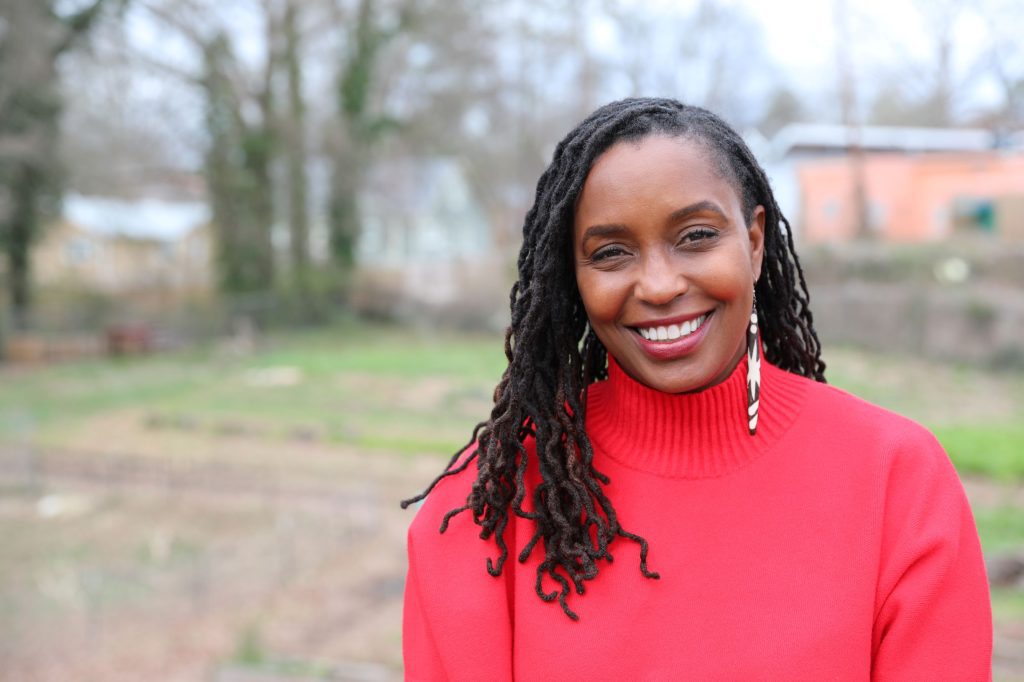The non-profit 'Ashoka Africa' is working with young stakeholders in different fields to create new and lasting solutions to environmental issues in Niger Delta communities.
They aim to achieve environmental sustainability and climate justice in the region, as well as in Nigeria and beyond.
Angelou Ezeilo, Pan-African Co-Lead of Ashoka Africa, mentioned this at a workshop in Port Harcourt, Rivers State capital.
Ezeilo mentioned the formation of a community of practice team, consisting of select stakeholders, who are prepared to learn, share experiences, exchange ideas, identify gaps in the climate justice sector, and work together to solve them effectively.
The workshop was titled 'Collaborative Solutions for Sustainable Planet – Community of Practice in Climate Equity and Environmental Sustainability.'
She encouraged participants to become effective advocates for climate justice policy and actively engage with policymakers and institutions to influence decisions promoting environmental sustainability and climate justice in Nigeria.
Ezeilo explained that the program aimed to involve young people and ensure they have the necessary tools and resources to communicate with policymakers.
She mentioned, “Today was an amazing day where the goal was to establish a community of practice. A community of practice is built on stakeholders. So we brought together the oil industry, NGOs, environmentalists, young people, and individuals interested in the planet's sustainability and provided solutions.
“We engaged in a World Cafe and discussed various aspects of the topic. One crucial solution involved empowering young people to communicate with politicians and advocate for environmental sustainability in Nigeria.”
Irverene Ocheka, Ashoka Africa Diaspora Manager, emphasized the importance of the older generation taking responsibility for their actions that harm the environment in order to achieve environmental justice and sustainability.
She added that the younger generation must be given the opportunity to learn about and protect the environment.
She mentioned, “Although the youths are frustrated and agitated, they are not the most impacted by climate change. The most affected are children, particularly those in primary school and younger, and their voices should also be heard.
“Therefore, we're proposing a kids’ assembly, where children can create policies for the House of Assembly to consider and adopt.
“We also discussed integrating environmental education and awareness into the curriculum, making it interactive and enjoyable. Many city children lack understanding of the environment as they haven't spent time outdoors, climbed trees, built treehouses, cultivated the soil, or cared for animals.”
Ocheka explained that when kids start doing this at a young age, taking care of the environment and keeping places clean, they tend to grow up with that mindset and realize they can help solve environmental problems, giving them a voice.
Osheka added, "So that when they see an adult not doing the right thing they question it."
An Ashoka fellow, and the founder of Durian Nigeria, Tony Joy, emphasized that to achieve environmental justice, all levels of young people, especially their community leaders, need to be involved in coming up with solutions.
She said, "Very importantly, we have also talked about inter-generational conversations, bringing the older generation and the younger generation together, because we know that everyone has something valuable to offer and can contribute to issues affecting the environment, which affects us all.
"The planet doesn't choose between old and young, or when the sun is shining, it affects both the older and younger generations, so if we want to find solutions, everyone should be part of that discussion.
"We approach them and meet them where they are. We are not going to be the ones providing the solution; we are going to work together to create solutions. Therefore, we need their passion, their youthfulness, and their resourcefulness, so we will meet them where they are. If we bring a solution to them, they might not accept it, but we need them to give us the solution they think would work. That's why we are creating a platform for them to express themselves as well.
Venture and Fellowship Manager for Anglophone West Africa, Ikenna Anyadike, stressed that the community had finalized plans to involve the youths and ensure they participate in addressing the environmental challenges in the region.
Anyadike observed, "We are coming with the idea of shared responsibility and demonstrating how certain activities have led certain societies to experience environmental degradation.
"We will also demonstrate and explain how the impact of current actions will affect future generations within those communities.
"One thing I know about Nigerians is that they are very concerned about the future. So, if we can show them how our actions will impact future generations, whether negatively or positively, based on the current situation.
"I believe that they would come to the table and be willing to sit down and explore opportunities that can better help the environment for the future and for the coming generations."



